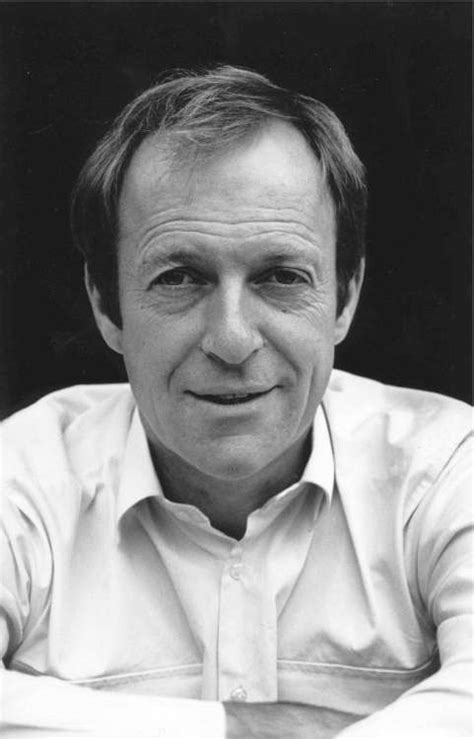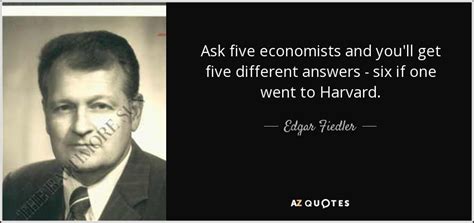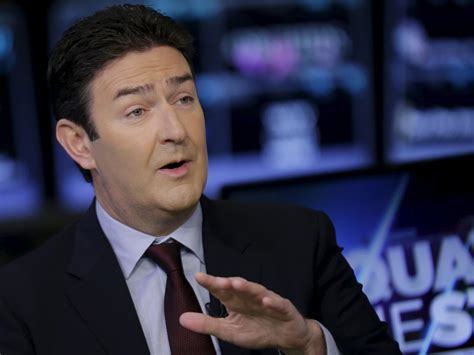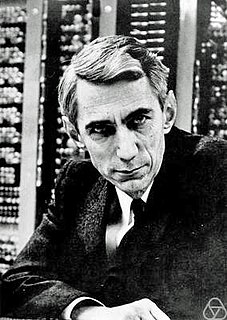A Quote by Nate Silver
Expert estimates of probability are often off by factors of hundreds or
thousands. [...] I used to be annoyed when the margin of error was high in
a forecasting model that I might put together. Now I view it as perhaps the
single most important piece of information that a forecaster provides. When
we publish a forecast on FiveThirtyEight, I go to great lengths to document
the uncertainty attached to it, even if the uncertainty is sufficiently
large that the forecast won't make for punchy headlines.
Quote Topics
Annoyed
Attached
Document
Error
Estimates
Even
Expert
Factors
Forecast
Forecasting
Go
Great
Headlines
High
Hundreds
Important
Information
Large
Make
Margin
Might
Model
Model T
Most
Now
Off
Often
Perhaps
Piece
Probability
Provides
Publish
Put
Single
Thousands
Together
Uncertainty
Used
Used To Be
View
Related Quotes
Satellite photography in the 1970's gave rise to the long-range weather forecast, a month at a time. This in turn gave rise to the observation that the long-range weather forecast was wrong most of the time. In turn, this gave rise to the dropping of the long-range weather forecast and to the admission that really accurate forecasting could only cover the next day or two, and not always then.
People don't realize that we cannot forecast the future. What we can do is have probabilities of what causes what, but that's as far as we go. And I've had a very successful career as a forecaster, starting in 1948 forward. The number of mistakes I have made are just awesome. There is no number large enough to account for that.
People dont realize that we cannot forecast the future. What we can do is have probabilities of what causes what, but thats as far as we go. And Ive had a very successful career as a forecaster, starting in 1948 forward. The number of mistakes I have made are just awesome. There is no number large enough to account for that.
Decision-making is difficult because, by its nature, it involves uncertainty. If there was no uncertainty, decisions would be easy! The uncertainty exists because we don't know the future, we don't know if the decision we make will lead to the best possible outcome. Cognitive science has taught us that relying on our gut or intuition often leads to bad decisions, particularly in cases where statistical information is available. Our guts and our brains didn't evolve to deal with probabilistic thinking.
My greatest concern was what to call it. I thought of calling it 'information,' but the word was overly used, so I decided to call it 'uncertainty.' When I discussed it with John von Neumann, he had a better idea. Von Neumann told me, 'You should call it entropy, for two reasons. In the first place your uncertainty function has been used in statistical mechanics under that name, so it already has a name. In the second place, and more important, no one really knows what entropy really is, so in a debate you will always have the advantage.'





































